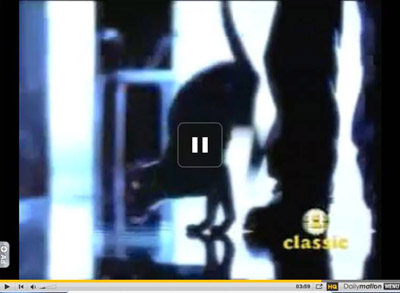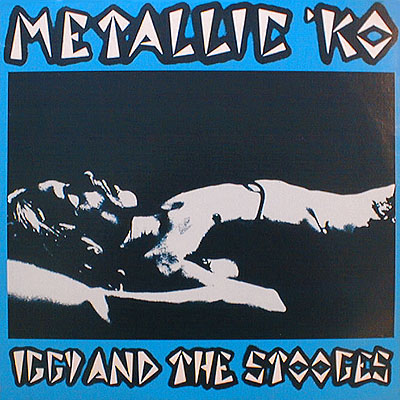Why does the term “Dad Rock” bother me so much? Malcolm McClaren is dead, Bill Wyman is his own grandpa. Rap has sustained for over 30 years, rock for over 60. The surviving original rebels have traded whiskey for tea and weed for Metamucil. They can’t play in this young man’s game, even if they invented it. Let’s face it: “Dad Rock” is code for, “you are old, uncool and your music is lame.” You don’t need to have kids to like “Dad Rock,” it just means that you are bland and safe… like a dad.
I think the first time I saw the phrase was in a review for Wilco‘s Sky Blue Sky and it struck me as a way of saying that the quality of the music wasn’t the issue, rather it was a lack of cutting edges that left it milquetoast, nothing that would upset daddy’s delicate old heart. Yesterday I saw the phrase attached to the new Arcade Fire album, and that felt like crossing a line. Sure, they were cool a few years ago, but now they are filling up the seats of Madison Square Garden. With dads. Playing, “City With No Children.”
A quick web search reveals sketchy opinions that “Dad Rock” is either music of the ’60s and ’70s that baby boomers listen to exclusively, or that it is bands such as Coldplay, U2 and Wilco, or even just selected songs. Or maybe it’s a few more notches down the ladder of hipness – Phil Collins, solo Sting, Steely Dan. To an extent, it’s not that different from “Yacht Rock,” but without the cocaine and soft-rock overtones. But these goalposts are moving too easily, and who decides where they go?
Of course, we’d like to think that wisdom comes with age. Those kids will regret those M.I.A. albums, just like I regret, well, I regret…. My best friend in high school was embarrassed by his father’s fanatical fandom of Leonard Cohen. Cohen toured, the whole family went, my friend missed a big party. When asked why our friend wasn’t at the party, and told why, another friend said, “I wish my dad were that cool!” and I experienced a shift in perspective.
If I have any goal at all with this post, it is to ask the simple question: What do you think “Dad Rock” is? Does it actually exist? If it does, what are its defining characteristics? Or is “Dad Rock” simply a bracket that moves through time, a continuous parade of young people having the label applied to them and their favorite bands, when the inevitable grey hairs sprout? Like an animal urinating to claim its turf, does a dad’s appreciation of any music automatically categorize it as “Dad Rock?” Does a dad’s enjoyment of music ruin it for everybody else? It almost seems absurd to ask these questions, but I think they should be asked.



